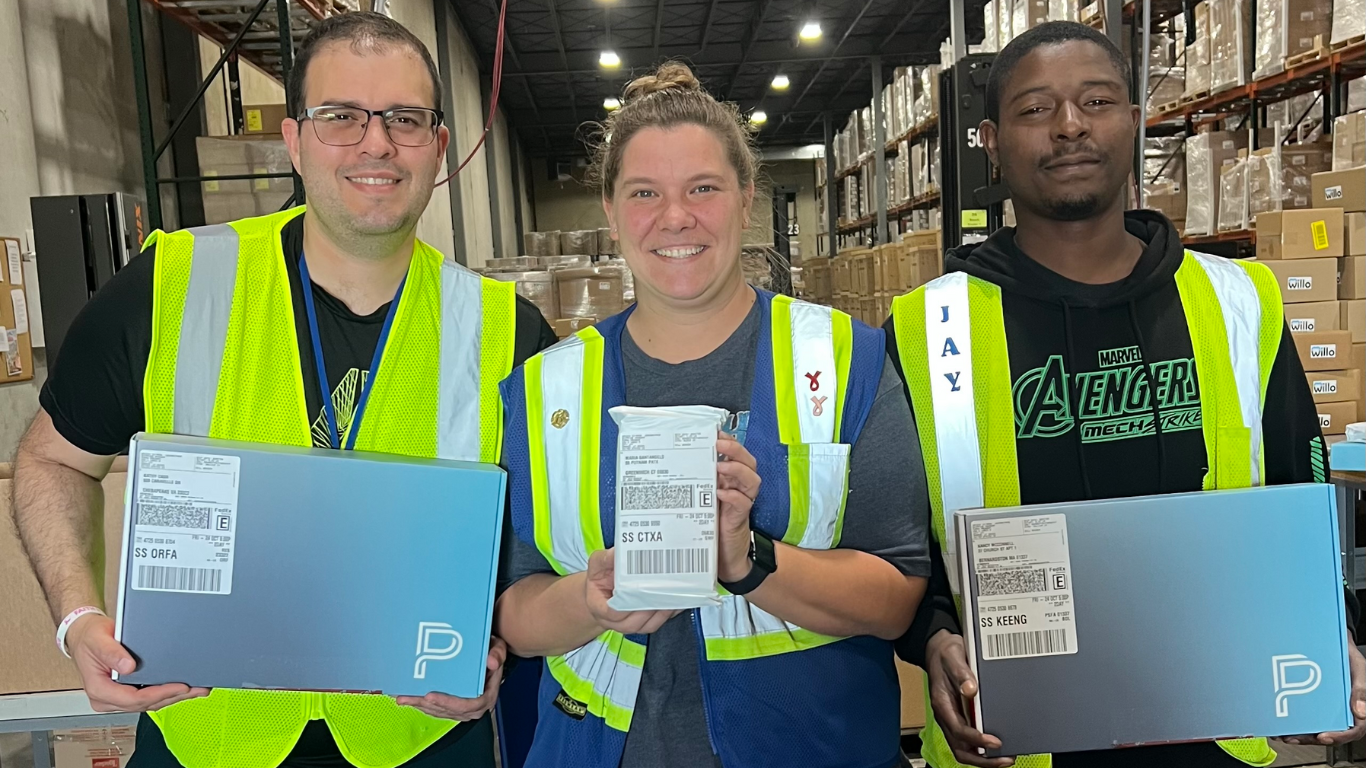Partnership vs Transactional - Which 3PL Relationship is Better?
Understanding the difference between a transactional relationship and a true partnership is the key to success with a 3PL.

At ÐÇ¿Õ´«Ã½ ÐÇ¿Õ´«Ã½Centers, we understand that the logistics industry is incredibly competitive, and it can be challenging to differentiate ourselves from other providers. While some providers focus on transactional relationships with their customers, we believe that forming a partnership with our customers is the key to success.
First and foremost, a partnership relationship allows for a deeper understanding of our customer's business needs. By taking the time to get to know our customers' operations during our sales and onboarding process (following our ÐÇ¿Õ´«Ã½ Blueprint), we can develop customized solutions that meet their specific requirements. This deeper understanding allows us to identify opportunities for efficiency improvements, cost savings, and risk mitigation. By working together as partners, we can develop strategies that benefit both parties, rather than simply being another vendor for the customer
A partnership relationship also fosters better communication and collaboration. When working with a customer in a transactional relationship, communication can often be limited to basic requests and responses. When working with ÐÇ¿Õ´«Ã½, our Strategic Account Managers (SAM) are invested in our customers' success, and our often seen as an extension of our customer’s team. This level of collaboration allows us to share ideas, anticipate challenges, and make proactive adjustments to our operations, ensuring that our customers receive the best possible service.
In addition to the benefits of deeper understanding and collaboration, a partnership relationship also provides a level of trust and reliability that cannot be achieved in a transactional relationship. Our customers know that we are invested in their success, and they can rely on us to deliver on our commitments. This level of trust is essential in the logistics industry, where delays and disruptions can have a significant impact on our customers' operations.
Finally, a partnership relationship allows for long-term planning and strategic decision making. When working in a transactional relationship, the focus is often on short-term goals, such as completing a specific shipment. In a partnership, we can take a longer-term view of our customers' logistics needs, and develop strategies to achieve their broader business objectives. As the years go by, our Centers of Excellence use the data from actuals and information gleaned from our SAMs to see if the solution designed initially is still best for our customers today, and in the future. For example, we have multiple customers right now that are experiencing rapid growth and ÐÇ¿Õ´«Ã½ is investing in additional capital projects to help our customers continue to grow their business.
In conclusion, while transactional relationships have their place in the logistics industry, we believe that a partnership relationship provides significant advantages. By working collaboratively, communicating effectively, and developing customized solutions, we can help our customers achieve their goals and succeed in a highly competitive industry. At ÐÇ¿Õ´«Ã½, we are committed to developing strong partnerships with our customers, and we believe that this approach is the key to our mutual success.
Recent Blog Posts







